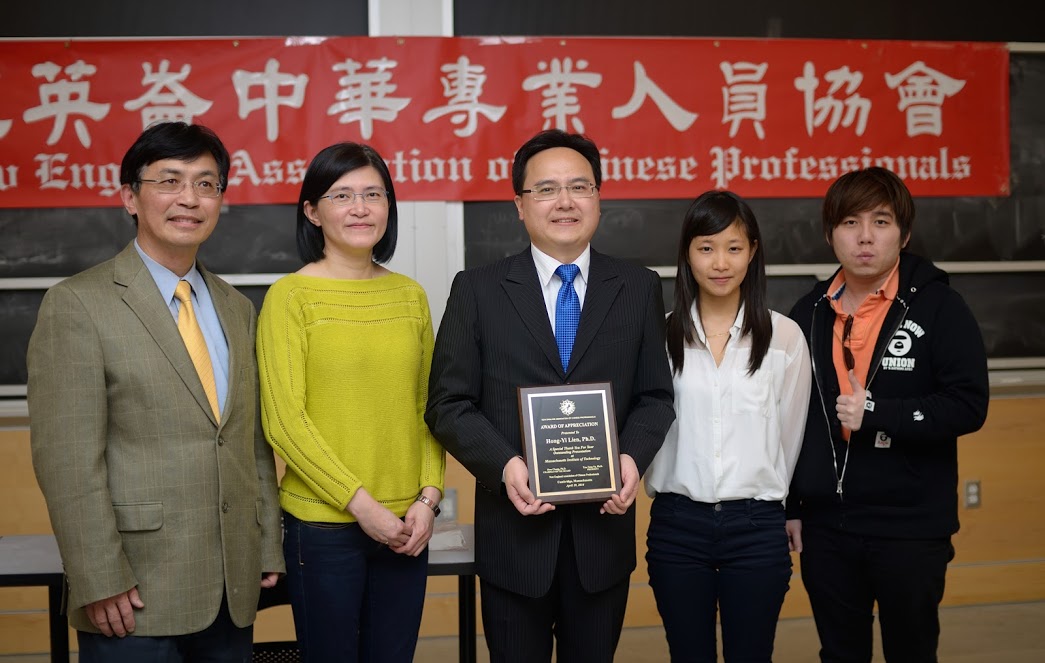TUSA Scholar Speaks in New England on U.S.-Russian Relations

The Education Division of the Taipei Economic and Cultural Office in Boston began sponsoring the Annual TUSA Scholars Forum in 2013 to showcase research led by TUSA scholars visiting Harvard University and MIT. This year the Education Division invited the New England Association of Chinese Professionals, and the Federation of Taiwan Student Associations in New England (FTSANE) to co-sponsor the 2014 TUSA Scholars Forum. Their aim is to encourage greater interaction between Ministry of Education-sponsored scholars and expatriates in New England, and to create more opportunities for future international educational exchanges and joint research projects,
The Education Division invited Dr. Hong-Yi Lien, a TUSA visiting scholar at Harvard University and assistant professor in the Department of Diplomacy at National Chengchi University, to talk on the current issue of Crimea at the Massachusetts Institute of Technology on April 19.
Dr. Lien elaborated on the complicated relationship between Russia and the U.S. and Russian President Vladimir Putin’s cautious handling of Russia-U.S. relations during his two terms as president. During his first term, Putin saw unwelcome NATO expansion in the Baltic States of Estonia, Latvia, and Lithuania, and in Romania and Bulgaria, but despite this, Putin worked with the U.S. as a partner to combat global terrorism following the 9-11 attacks. Recently, however, Russia’s diplomatic attitude to the U.S. has changed dramatically and became tougher. The annexation of Crimea is a major confronting dispute.
Dr. Lien analyzed changing Russia-US relations as being attributable to three factors: the recovery of the Russian economy, the rise of mainland China, and negative feedback has Russia received from the U.S. and the West. Russia’s promising economy and natural resources supply much needed oil and gas to many Western countries. This allows Russia to resist possible economic sanctions from the West and has enabled it to take a tougher and more aggressive diplomatic stance.
Interestingly, and pertinent to Taiwan, the rise of mainland China has triggered Russia to shift its diplomatic focus from West to East. It no longer considers improved relations with the U.S a priority. Instead, Russia has chosen to cooperate with mainland China to boost bilateral economic development.
The audience then took the opportunity to ask various questions on this hot topic, after which Dr. Chung Hwa Chang, president of the New England Association of Chinese Professionals (NEACP), thanked Dr. Lien for his interesting talk, and presented him with a Certificate of Appreciation.